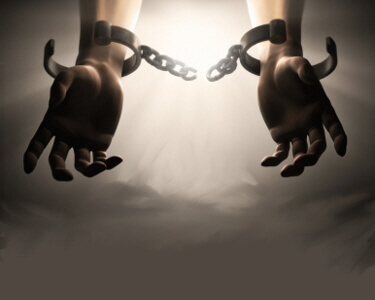
Juneteenth, which is recognized Friday, is considered by some to be a second Independence Day, marking the official end of U.S. slavery. Although the Emancipation Proclamation freed all U.S. slaves when it went into effect on Jan. 1, 1863, slaves in the Southwest weren’t notified of their freedom until Union soldiers arrived in Galveston, Texas, on June 19, 1865.
Granger read a proclamation that stated that, “all slaves are free” and are given “an absolute equality of rights and rights of property between former masters and slaves.” Following this announcement, former slaves celebrated their newfound independence. The celebrations continue to this day with picnics, parades and prayer services, often held on the third Saturday in June. Thirty-one states have official Juneteenth observances.
“[Juneteenth is] important because it’s a reflection of freedom,” said Dr. Ronald Myers Sr., founder and president of the National Juneteenth Christian Leadership Council (NJCLC). “It’s a celebration of freedom from slavery. It’s a day that has been set aside to celebrate America’s second Independence Day.”
NJCLC leaders say Juneteenth is not an African-American holiday, but an American observance that should be used as a catalyst for racial reconciliation and healing. On Friday, the organization hosted a Juneteenth prayer and reconciliation service in Washington, D.C., to address the legacy of slavery and move toward unity.
“When we do reconciliation from a spiritual perspective … you restore in friendship and love,” said Jack Gaines, NJCLC director of reconciliation ministry and author of My Brother’s Keeper Not My Brother’s Killer. “From that point you begin to build a trust and a relationship. From that point you move to where you can begin to build partnerships and as a result of partnerships you can begin to do development and from that point you move to where you can build communities where you become your brothers’ keeper and not your brothers’ killer.”
Gaines said that as a result of a 1999 Juneteenth celebration, the president of the Republic of Benin apologized for his ancestors’ part in selling other Africans to slave traders. Since that reconciliation conference 10 years ago, U.S. churches have partnered with the West African nation to help build a school, well and clinic, and one church just broke ground on a community center.
“It’s not just hugging and crying and saying, ‘I forgive you’; there’s a socioeconomic, practical benefit to reconciling God’s way,” said Gaines, who with Myers is advocating for national recognition of Juneteenth.
Gaines said Christians have a responsibility to help bring reconciliation, pointing to 2 Corinthians 5:18, which says Christ has given believers “the ministry of reconciliation” (NKJV). He added that Christians who model true reconciliation can show other nations how to address their own divisions.
“We’re not the only country that has these issues in our history,” Gaines said. “Other countries have the same issues.”
Myers agrees. “We believe that Juneteenth provides a model for the world to deal with conflicts that have plagued nations for many generations,” Myers said. “From the scars of oppression, the scars of slavery, scars of wars to what we’re modeling as reconciliation. Through Juneteenth we’re providing a model for the world to deal with conflict.”
Myers said recognizing Juneteenth nationally would provide a greater platform to promote biblical reconciliation, which points people to Christ.












